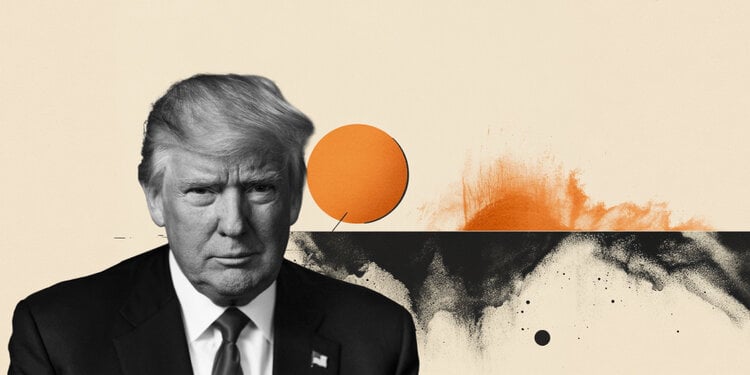The opening of lithium exports from Brazil should attract investments that were previously made in Eastern European and Asian countries, since the new Brazilian government directive brings legal certainty to investors seeking opportunities related to energy storage and vehicle electrification, Mines and Energy Minister Adolfo Sachsida told Reuters.
The decree that makes lithium exports more flexible from Brazil, published on Wednesday (6) by the federal government, has the potential to make more than R$15 billion in investments in ore production possible by 2030, the ministry said the day before.
“Lithium is critical for new generations of batteries. In this moment of reallocation of the investment portfolio in the world, resources are leaving Eastern Europe and some regions of Asian countries and looking for a safe harbor for investment”, said Sachsida, by telephone, this Thursday (7).
The decree corrects a distortion that dates back to the 1970s. As lithium was a scarcer mineral, it was considered strategic, due to its use, albeit relatively small, in nuclear reactors.
According to him, the lithium decree “increases legal certainty, provides more predictability, reduces bureaucracy, stimulating the arrival of private investment, which will generate employment and income for one of the poorest regions of Brazil”.
The Jequitinhonha Valley, in Minas Gerais, concentrates most of the mineral reserves known for lithium production in the country.
At the same time, the ministry is working to map, by the end of the year, other regions with potential for exploration and production of lithium, said the secretary of Geology, Mining and Mineral Transformation, Pedro Paulo Dias Mesquita.
According to him, the reserves already mapped by the National Mining Agency have not yet contemplated the full potential discovered by the companies themselves, and some in the Jequitinhonha Valley can provide one of the lowest production costs in the world.
The secretary said that the government edited the decree based on the expectation of global investments in electromobility of US$ 80 billion – mostly budgeted in 2021 –, as lithium is an important raw material for the production of vehicle batteries.
“This movement made us believe that we should take better advantage of it, we would have the opportunity to take better advantage of this movement… that’s why the opening and dynamization of trade now”, he said.
The secretary commented that currently more than 70% of lithium is already used for the production of batteries.
“We are expecting a jump in Brazilian production by 2025, only with visible investments, you will greatly multiply national production. You multiply it by more than five times”, said Mesquita, noting that some projects start to produce this year.
This is the case of the Canadian Sigma Lithium Resources Corporation, which will start producing by the end of the year in an area in the Jequitinhonha Valley.
Sigma co-CEO Ana Cabral-Gardner agrees that Brazil can become a powerhouse in the market, she told Reuters.
Sigma aims to produce 37,000 tonnes of lithium by December, if construction continues on schedule. South Korean battery company LG Energy Solution Ltd 373220.KS, which signed a supply agreement with Sigma last October, will be one of the product’s customers.
Brazil’s output would still lag behind Australia and Chile, the world’s two biggest lithium producers, which last year produced 55,000 tonnes and 26,000 tonnes respectively, according to the US Geological Survey.
For the director of Geology and Mineral Resources of the state-owned Geological Survey of Brazil (SGB), Marcio Remédio, Brazil currently accounts for only about 1.5% of world lithium production, but it could reach 5% in ten years.
Source: CNN Brasil
I am Sophia william, author of World Stock Market. I have a degree in journalism from the University of Missouri and I have worked as a reporter for several news websites. I have a passion for writing and informing people about the latest news and events happening in the world. I strive to be accurate and unbiased in my reporting, and I hope to provide readers with valuable information that they can use to make informed decisions.







